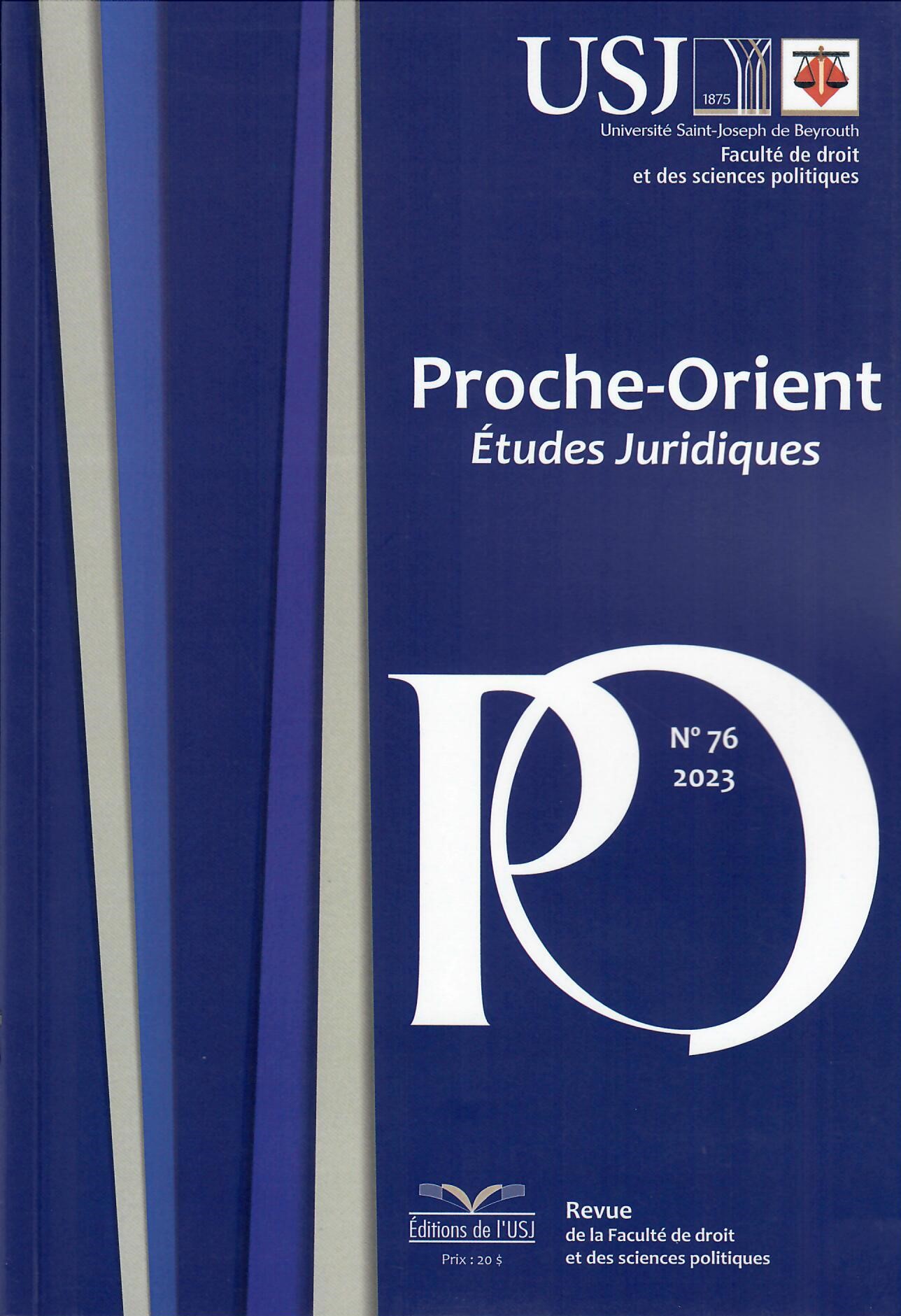Abstract
This study tries to clear up the ambiguity that deals with the interpretation of legal articles related to repayment. It includes an attempt to interpret the text of article 301 of the Law of Obligations and Contracts. It also deals with the text of the second paragraph of that article, which mentions the phrase "normal time" during which the parties have the right to stipulate the payment in a foreign currency or metal. The study also deals with an explanation of the concepts of compulsory circulation and legal circulation of currency, and the impact of these concepts on the interpretation of the text of article 301 Obligations and Contracts and articles 7, 8 and 192 of the Monetary and Credit Law. The study concludes that in light of the system of compulsory circulation of the Lebanese currency currently in force, the payment of monetary debts is an obligation in the national currency according to the provisions of article 301 of the Law of Obligations and Contracts. The study will also clarify the concept of international contracts, and the practical obstacles that make it difficult to pay in foreign currency on Lebanese territory. The study also adopts the opinion that the bank deposit must be returned in its currency and not in the national currency, based on the text of article 307 of the Trade Law and the banking customs prevailing in Lebanon. In conclusion, the study will touch, albeit incidentally, the issue of the exchange rate of the national currency, and indicate that the price must be calculated at the date of conclusion of the contract when the parties did not agree on the foreign currency revenue to protect their rights from deterioration.

